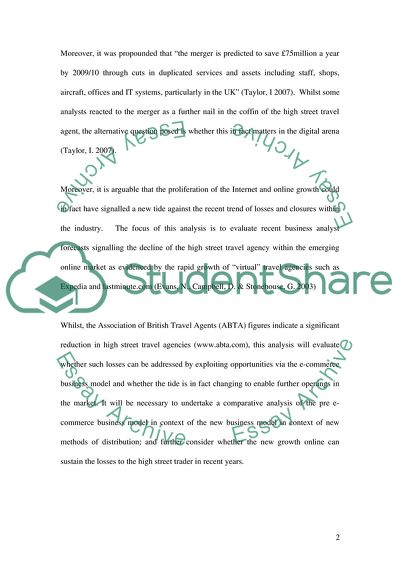Cite this document
(Travel Agency Management in the UK Assignment Example | Topics and Well Written Essays - 2335 words, n.d.)
Travel Agency Management in the UK Assignment Example | Topics and Well Written Essays - 2335 words. Retrieved from https://studentshare.org/tourism/1545876-could-the-tide-be-changing-travel-agency-management
Travel Agency Management in the UK Assignment Example | Topics and Well Written Essays - 2335 words. Retrieved from https://studentshare.org/tourism/1545876-could-the-tide-be-changing-travel-agency-management
(Travel Agency Management in the UK Assignment Example | Topics and Well Written Essays - 2335 Words)
Travel Agency Management in the UK Assignment Example | Topics and Well Written Essays - 2335 Words. https://studentshare.org/tourism/1545876-could-the-tide-be-changing-travel-agency-management.
Travel Agency Management in the UK Assignment Example | Topics and Well Written Essays - 2335 Words. https://studentshare.org/tourism/1545876-could-the-tide-be-changing-travel-agency-management.
“Travel Agency Management in the UK Assignment Example | Topics and Well Written Essays - 2335 Words”, n.d. https://studentshare.org/tourism/1545876-could-the-tide-be-changing-travel-agency-management.


